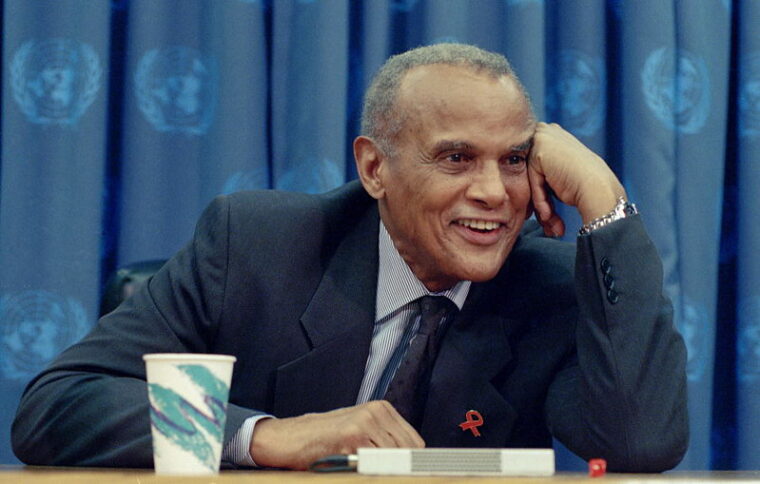I think people with dyslexia are prone to excel in areas where they are not expected to excel. So, my advice is to look for special skills. ~Harry Belafonte

Harry Belafonte is one of the most successful and influential musicians of all time. He rose to fame in the 1950s with his signature Caribbean-infused sound, and he was the first African American artist to chart a number one single on the Billboard Hot 100.
Despite his success, Belafonte faced many personal struggles throughout his life, particularly with dyslexia. Despite this challenge, Belafonte persevered and used his condition as a strength to become an international celebrity and social activist.
Belafonte was born on March 1, 1927, in Harlem, New York City. As a child, he struggled in school due to undiagnosed dyslexia. This made it difficult for him to read or write as well as other students his age. He said that he was constantly embarrassed in school because of it. He also stated that he felt like an outsider because of his dyslexia since “all the other children were able to progress further ahead than I was.”
Despite these difficulties, Belafonte tapped into his creative gifts and passion for music early on. He began singing at church revivals when he was only nine years old and continued developing this talent throughout high school and college.
He credits his success to his parents, who pushed him to keep learning and never give up. Belafonte also took advantage of whatever resources were available to him, which included tutoring and mentorship from teachers, family members, and peers.
By 1949, Belafonte had joined a professional vocal group called The Caribbeans which launched him into fame with hit singles like “Banana Boat Song” (Day-O).
After achieving commercial success with music, Belafonte also used his platform to become an advocate for civil rights and social justice causes around the world. He dedicated his life to promoting peace, justice, and equality for all people throughout the world.
In 1963, he joined forces with Dr Martin Luther King Jr., along with other renowned artists like Sammy Davis Jr., James Baldwin, Joan Baez, and Bob Dylan, to create the controversial but groundbreaking album “We Shall Overcome” which raised awareness about racial injustice in America at that time.
Update
Belafonte continued defying expectations while battling dyslexia throughout his career – writing memoirs, producing films, and advocating human rights causes long after retirement until his death in 2023 at the age of 96.
His story serves as an inspiring example of how anyone can overcome any obstacle and achieve their goals if they put in the hard work and surround themselves with the right support system.

That’s an awesome story. But it makes me think that, if a kid who struggles with dyslexia and gets no early intervention or any kind of support achieves this level of success, who knows how far he would have gone with early intervention and support and encouragement? Not all kids are as resilient as Harry Belafonte but all kids deserve the opportunity to have their talents recognized and appreciated.
I also wonder, Alice. That’s why I tell these stories… so parents can share them with their children to encourage them.
Flo, Harry Belafonte was a very classy person. And what beautiful music! Have you thought of doing a book, “Portraits in Dyslexia” or “Hidden Dyslexia in the Famous”? Anyway, I think there would be a LOT of interest in these profiles.
I have toyed with doing a book of these “giants” with dyslexia for parents to share with their children to encourage them. Now that you have mentioned it, I must give it serious thought.
Wow, Florence, you have found another inspiring story to tell us. Could it be that every successful person has learned to overcome difficulties where many others have not?
Our HighSchool motto was “per aspera ad alta”. If I recall, it means through difficulty to the heights.
Well, Doug, there certainly seems to be a link between overcoming challenges in childhood and youth and exceptional success.
His quote says it all! He had such a great attitude from his early days on how to excell on his own.
A child’s attitude can take them far, or cast them into the depths of despair. That’s why it’s crucial for parents to help their children who struggle to learn have a positive attitude to life and learning.